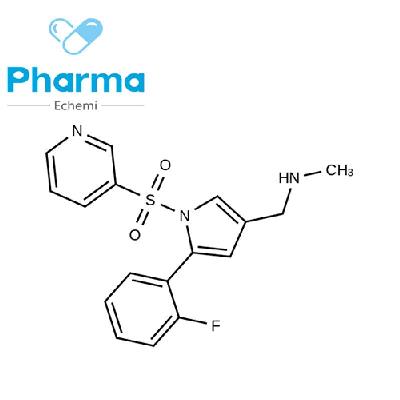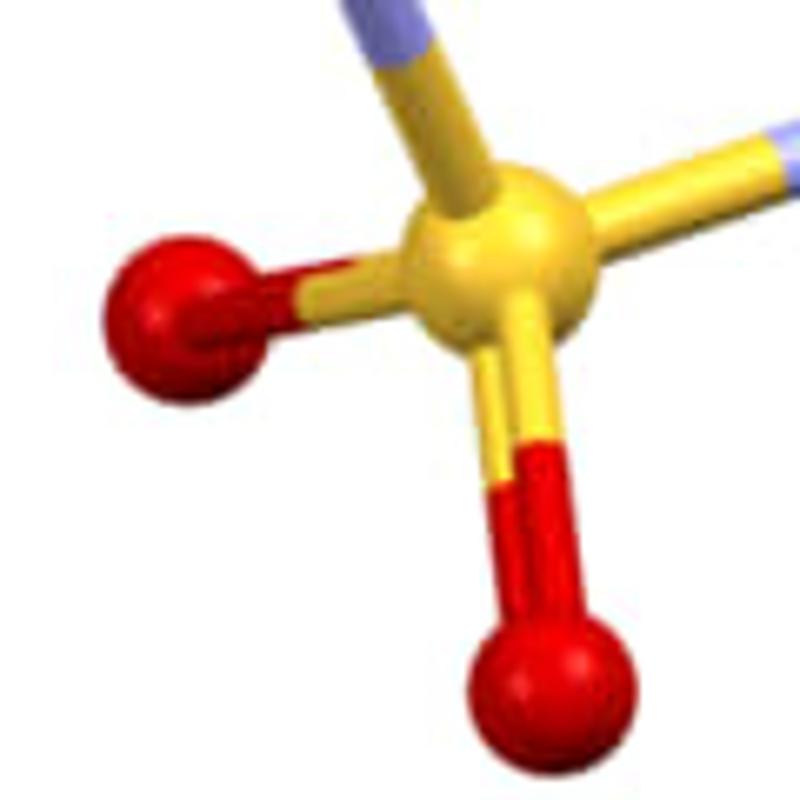-
Categories
-
Pharmaceutical Intermediates
-
Active Pharmaceutical Ingredients
-
Food Additives
- Industrial Coatings
- Agrochemicals
- Dyes and Pigments
- Surfactant
- Flavors and Fragrances
- Chemical Reagents
- Catalyst and Auxiliary
- Natural Products
- Inorganic Chemistry
-
Organic Chemistry
-
Biochemical Engineering
- Analytical Chemistry
-
Cosmetic Ingredient
- Water Treatment Chemical
-
Pharmaceutical Intermediates
Promotion
ECHEMI Mall
Wholesale
Weekly Price
Exhibition
News
-
Trade Service
The most common causes of chronic liver disease are long-term alcohol consumption, non-alcoholic fatty liver (NAFLD) and viral hepatitis
The progression from chronic liver disease to hepatocellular carcinoma is caused by somatic mutations that affect 20-30 oncogenes
Recently, researchers analyzed somatic mutations in 1,590 genomes in 34 liver samples, including healthy controls, alcohol-related liver disease, and non-alcoholic fatty liver
29 patients with liver disease had seven mutated in FOXO1 in 29 patients with liver disease had seven mutated in FOXO1 of these mutations affects a hot spot within the gene, impaired insulin-mediated FOXO1 of the nucleus of these The mutation affects a hot spot in the gene, impairing the insulin-mediated FOXO1 nuclear export
Mutations in the FOXO1 gene converge in chronic liver disease
Mutations in the FOXO1 gene converge in chronic liver disease
Of the seven patients with FOXO1S22W hotspot mutations, six showed convergent evolution.
Metabolic gene mutations are distributed in multiple anatomical sections of the liver, increasing the size of the clone.
Therefore, this study shows that the master regulator of metabolic pathways is a frequent target of cell convergent mutations in alcohol-related and non-alcoholic fatty liver
The main regulator of metabolic pathways is the frequent target of cell convergent mutations in alcohol-related and non-alcoholic fatty liver
Original source:
Original source:Stanley WK Ng et al.
Stanley WK Ng et al.
Leave a message here







